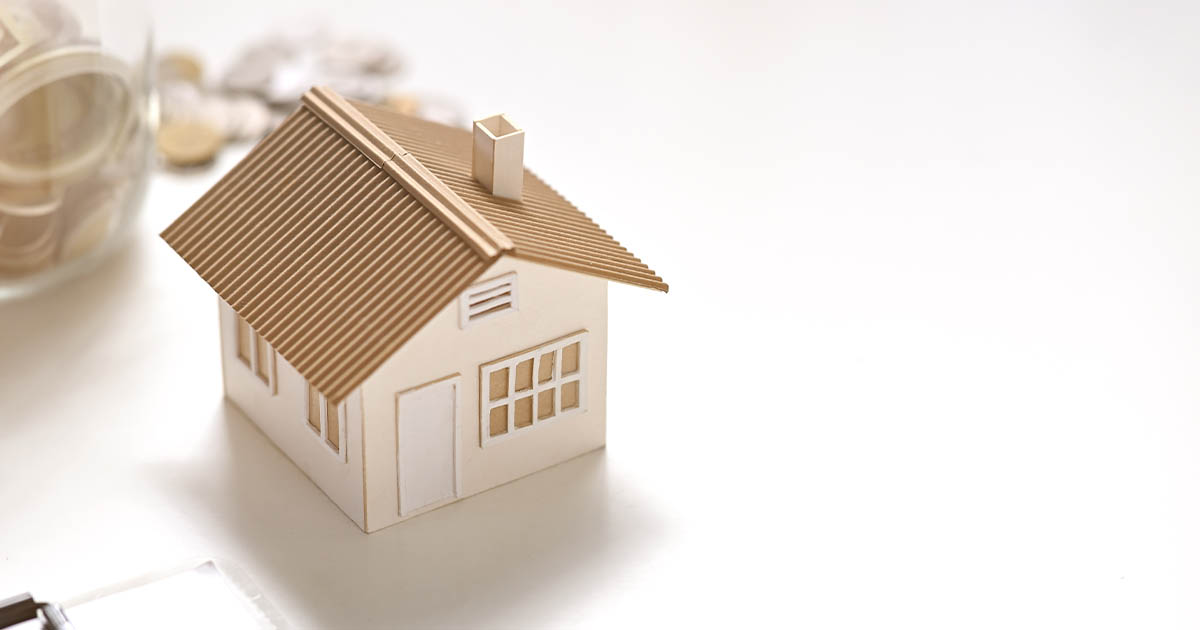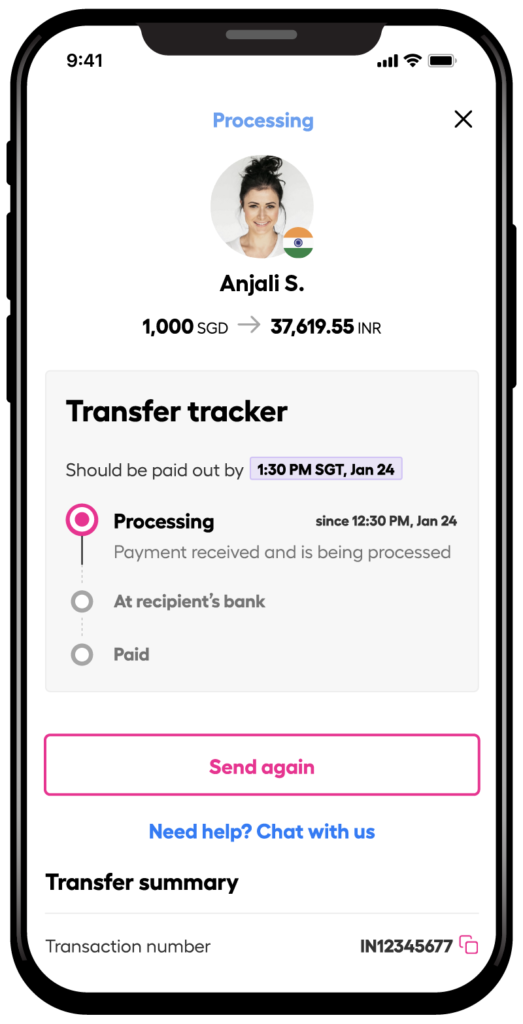13 things you should know before signing your rental agreement abroad

This article covers:
- Find a reputable agency or agent
- Tenant laws & rights of the country
- View the apartment in person
- Can’t view in person? Get a virtual tour!
- Length of agreement & renewal
- Rent payment and insurance
- Pet policy
- Utilities & bills
- Subletting
- Customisation
- Get the right contacts
- Assessing damages and maintenance
- Read the entire lease
- Before you go…
So, you’re taking the big leap and moving abroad? It’s a whole new adventure waiting for you – new city, swanky apartment, cool new friends.
But before you get lost in all that excitement, let’s talk about something really important – your rental agreement. It’s not the most thrilling topic, but trust me, knowing these 13 things before you sign on that dotted line could save you a lot of headaches down the line.
So buckle up, and let’s get started!
Find a reputable agency or agent
When it comes to finding a leasing agency, you want to make sure they’re above board. Look for an agency with a licensed agent, or at least someone you can do a quick Google search on to make sure they’re linked to a real leasing company.
We know it can be tempting to go with the smaller, more personal guys – sometimes they even have better deals. But if you can, try to rent from a well-known leasing company. Why? A larger company means less chance of scams and a smoother process if any issues come up.
Tenant laws & rights of the country
When you’re catching up with your realtor, don’t just focus on the neighborhood and the landlord. It’s equally important to discuss the tenant laws that are in place in the country where you’re considering moving.
Very much like doing your homework before a big test. Take some time to visit your city and state tenants’ rights pages on the internet. Get to know what protections and privileges you have as a tenant. It’s always better to be well-informed.
View the apartment in person
Always make sure to check out the apartment in person. Some places look like a dream online, but then end up being far from it.
And sometimes, these ‘too good to be true’ spots offer amazing deals that are hard to resist. So if you rush to send a deposit without checking things out you find out you’ve been scammed.
So, remember this golden rule: Never, ever commit to a lease until you’ve actually set foot in the place. It’s a simple way to protect yourself and ensure you’re getting what you’re paying for.
Can’t view in person? Get a virtual tour!
Just ask to have a video chat with the current tenant and fire away with any questions you might have.
Ask for a virtual walkthrough. It’s even better if you can do it with a licensed agent or someone connected to a legit leasing company – you can usually verify this online.
And hey, if all this is making you a bit nervous, there’s another option. You could always come over and stay in an Airbnb for a month or two. This way, you can tour apartments in person. It may not be the most convenient solution, but it gives you peace of mind.
Length of agreement & renewal
These agreements can range from as short as three months to as long as a year, depending on the city and what’s available. When you’re signing, make sure the move-out date works for you.
And don’t forget to ask the landlord if there’s any wiggle room in case of emergencies. Before you put pen to paper, check with the property owner if there’s a way to terminate the lease depending on your future needs. Most leases will have a clause about giving notice if you want to break the lease in a friendly way. If it’s not there, you might want to ask for it.
Worst case scenario, they say you’ll have to find someone to take over the lease, but generally, it’s about one to two months’ notice.
Rent payment and insurance
So, how do you go about paying rent? You’d think that in this day and age, everyone would accept online payments, but believe it or not, some places still prefer good old-fashioned checks.
And what about renter’s insurance? Some landlords might require it, especially if you’re planning on bringing some high-value items into your new place. It’s always a good idea to double-check these details before moving in!
Pet policy
If you’ve got a furry buddy you want to bring along to your new apartment, it’s super important to check the pet policy beforehand.
Not all apartments are pet-friendly, so make sure your lease allows pets. Landlords often charge a little extra if you have pets, and sometimes there are restrictions on the type or breed of animal they allow. So, don’t forget to read that rental agreement thoroughly before you dive in.
Utilities & bills
When you’re checking out a place, get the agent to show you where the mains for power, water, and gas are – it’s always handy to know.
If you’re looking at living in a complex, some utilities might be bundled into your rent. So, as a tenant, it’s super important to read your lease agreement carefully. Figure out what utilities are included, like gas/heating, electricity, and water. And don’t forget about things like laundry – does the unit have a washer and dryer, or will you need to find a laundromat?
And if utilities aren’t included in your rental agreement, remember that when you’re cranking up the AC, leaving lights on, or enjoying a long, hot shower – all that will add to your bills.
And what about trash removal, or if you’re in a snowy area, snow removal? Some places might require you to clear snow yourself. And with trash, some apartments have specific dumpsters, while others share them between buildings owned by the same company.
One more thing – check your phone’s reception in the apartment. You want to make sure you’re getting a decent signal!
Subletting
Looking to save on rent? One great strategy is subletting part of your apartment. But before you start searching for a roommate, make sure to ask the property owner if subletting is allowed.
Most landlords will want anyone subletting to sign a lease agreement – they don’t usually just let you sublet without giving them a heads up. You’ll need to understand the rules for subletting, what happens if you break the contract, and whether you need a guarantor.
It’s a smart move to chat with your landlord or realtor about your plans to sublet before you go ahead. This way, you’re all on the same page.
And if you’re a college student planning to head home during breaks, subletting could be a great option. It means you won’t have to stress about paying rent while you’re away. Just something to think about.
Customisation
Looking to add a personal touch to your rental home? Maybe hang up some family photos or art pieces? If you’re planning on staying for a few years, it’s a great idea to ask your landlord if you can make these kinds of changes. Can you drill holes in the walls? Are you allowed to repaint them?
Usually, the rental agreement will spell out how much you can customise the place. And don’t forget to ask about any existing issues with the property, and how maintenance and repairs are handled.
Take The Pointe at State College, USA, for example. They allow decorations that are temporary and won’t permanently damage the walls. But be careful – if you do cause permanent damage, the landlord might charge you extra when your lease is up. So always best to check first.
Get the right contacts
Don’t forget to ask for those all-important contact numbers, especially for emergencies. Imagine a water leak in the middle of the night – you’ll want to know who to call!
If you don’t have a direct line to your real estate agent, that’s a red flag. Make sure you can reach them during business hours whenever you need to.
And don’t overlook getting the details for the building managers or strata – trust me, those contacts are super important!
Assessing damages and maintenance
So, in plain English, you’re not usually expected to pay for any damage that was already there when you moved in. However, if something gets broken or damaged while you’re living there, it could come out of your security deposit. To stay on the safe side, it’s a good idea to use any forms your landlord provides to jot down existing damages when you first move in. That way, you’ve got a record of the state of things before you started living there.
Also, be wary of leases that make you responsible for out-of-the-ordinary repairs, like fixing HVAC systems or gutters. If you run into any issues, take pictures and write down what’s wrong, then send this info over to your landlord.
It’s also a good idea to test all the faucets to make sure the water flows properly and drains well.
And don’t forget to take photos or even better, a video. Doing a walkthrough video before you move in is a great way to document any pre-existing damage or issues. Make sure to show the video to your real estate agent and keep a copy until you move out. Sharing these with your landlord or real estate agent can help avoid any disputes down the line.
Read the entire lease
If you come across anything that sets off alarm bells, make a note of it and bring it up before you sign on the dotted line. A well-drafted lease will detail what happens to your security deposit and when you can expect it back. It should also be clear about rules for adding or subtracting roommates, and any pet policies.
Remember, any videos or photos of pre-existing damage or wear and tear should be shared at the time of lease signing. And if you want specific things done (like a deep clean, getting rid of old curtains, or swapping out the carpet), make sure these are included in the lease.
Also, check if the apartment comes with parking or if you’ll have to grapple with finding a spot on the street. Lastly, find out who’s responsible for handling repair requests and how fast they’re usually taken care of.
Before you go…
Before we wrap up, let’s acknowledge that signing a lease in a foreign country can feel pretty intimidating. And once you’ve sorted out your housing, managing rental payments can be a real pain, right? Not to mention the constant juggling act of taking care of your needs while also supporting your family back home. It can all get a bit much.
That’s where Instarem can step in for your international money transfer.

They’re here to help you send money easily and cost efficiently overseas to over 60 countries. So, you can breathe a little easier knowing they’ve got your back!
Download the app or sign up here.
Disclaimer: This article is intended for informational purposes only. All details are accurate at the time of publishing. Instarem has no affiliation or relationship with products or vendors mentioned.
 Get the app
Get the app


























